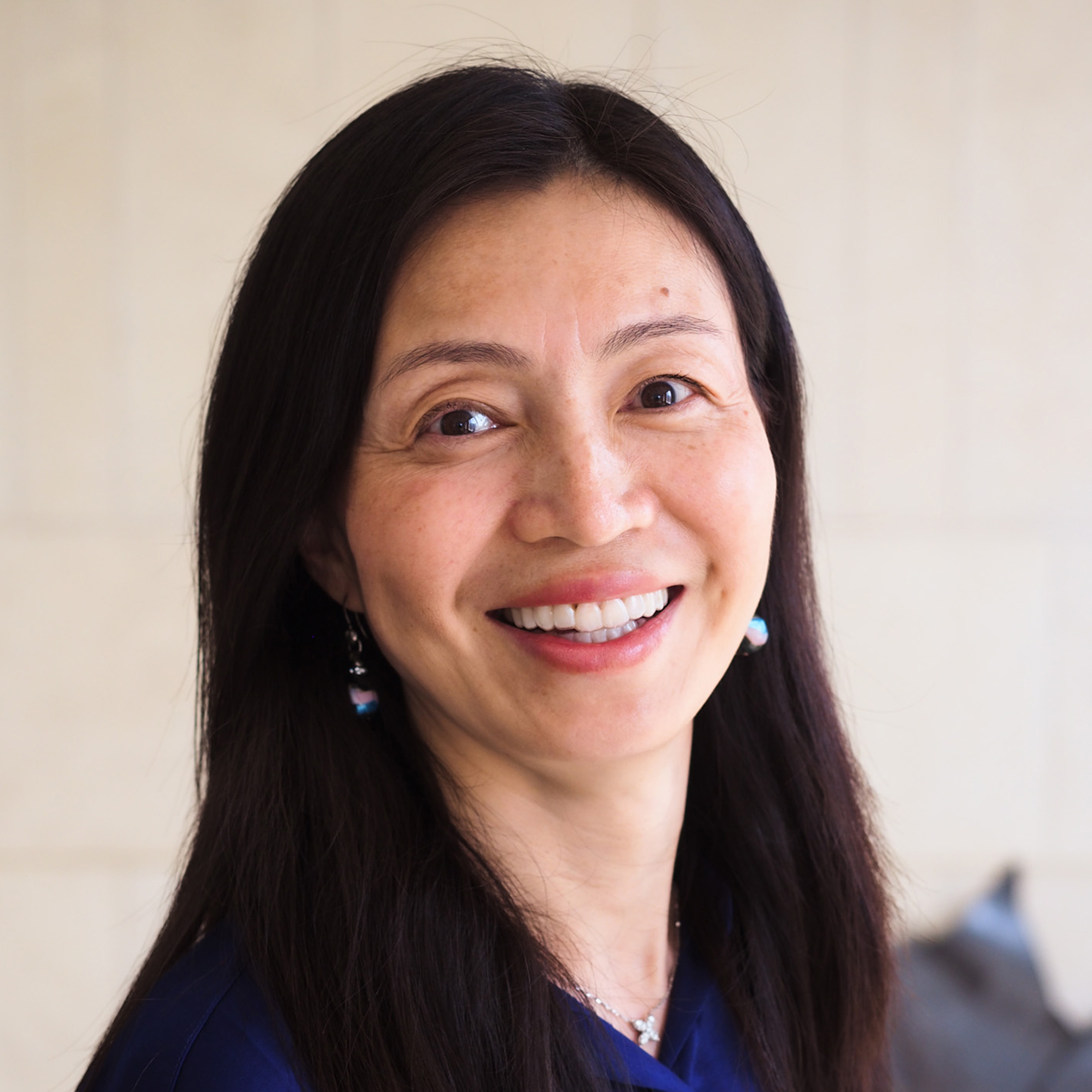Hong Qiao
- Associate Professor
- Lorene Morrow Kelley Endowed Faculty Fellowship Fund
- Molecular Biosciences
- Interdisciplinary Life Sciences Graduate Programs

Contact Information
Biography
Hong Qiao received her Ph.D. degree from the Institute of Genetics and Developmental Biology, Chinese Academy of Sciences (IGDB). She subsequently moved to the Salk Institute for Biological Studies in San Diego, California. Qiao’s research focuses on chromatin remodeling and the establishment of the specificity of gene expression in response to hormones and stressors. Her highly interdisciplinary research program combines aspects of genetic, genomic, proteomic, molecular, and biochemical approaches, and her long-term goal is to curb the susceptibility of crops to certain stressors, allowing for higher yields during stress conditions to support profitable crops and feed the world's growing population. Her research will also have great potential for both the agricultural and the pharmaceutical industries.
Research
The Qiao lab's long-term goal is to develop a validated mechanistic model that accurately describes the interplay between hormone signaling or stress response and chromatin regulation in the nucleus. In eukaryotes, the nucleus is the control center of the cell. Upon receipt of an external or internal cue, transcription factors bind to specific DNA sequences to recruit and stabilize the general transcriptional machinery required for gene expression. With the development and application of novel techniques, the knowledge of the roles of signaling pathways and transcription factors in regulation of gene expression has been greatly expanded. Chromatin regulation also plays a central role in the regulation of gene expression by providing transcription factors and the transcription machinery with dynamic access to an otherwise tightly packaged genome. Malfunction of chromatin modifiers is associated with numerous human diseases: Dysfunction of histone deacetylases or acetyltransferases is associated with cancer, diabetes, asthma, cardiac hypertrophy, retroviral pathogenesis, and neurodegenerative disorders. How the chromatin regulators receive signals and how the regulation is established in the first place remain largely unknown. We propose to focus on how signals are transduced and initiated in the nucleus and how chromatin regulation integrates with signaling to specifically initiate transcriptional regulation in ethylene signaling and stress response.
Fields of Interest
- Plant Biology
- Molecular Biology, Genetics & Genomics
- System and Synthetic Biology
Centers and Institutes
- Center for Systems and Synthetic Biology
